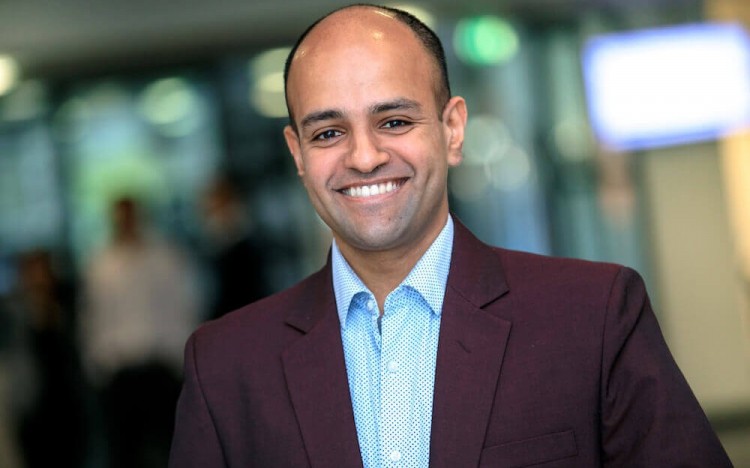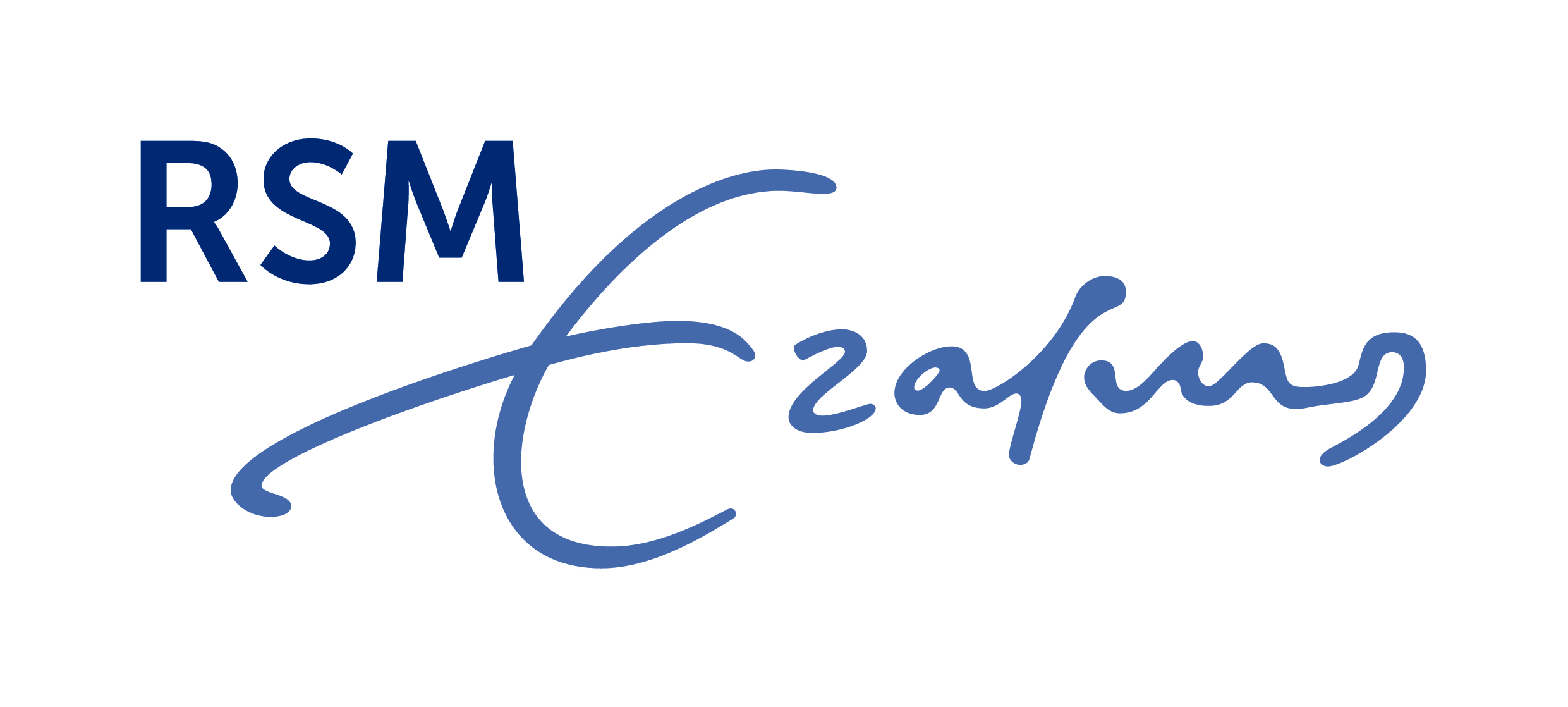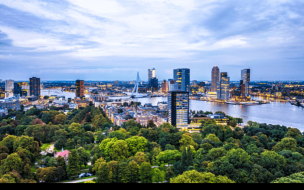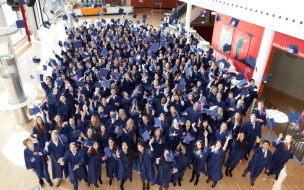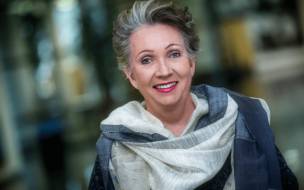We are now living in a world where businesses not only have to consider their profitability, but also how sustainable they are.
With COP24, the United Nations’ climate agreement, having issued a number of urgent directives to reduce carbon emissions, businesses are starting to consider the so-called ‘triple bottom line’—the social, financial and environmental impacts of doing business.
Triple-accredited Rotterdam School of Management, Erasmus University (RSM) is taking environmental practices to the heart of its teaching, even deriving the school’s mission statement—‘a force for positive change in the world’—from the UN’s set of Sustainable Development Goals.
On RSM’s 12-month International MBA, students dive right into sustainability and responsible business practices in the first term with a foundation module in Business, Society, and Sustainability.
A year-long Personal Leadership Development program aims to give students the ability to put these management practices into action as soon as they graduate.
We caught up with two RSM MBA alumni who aim to help drive the sustainability agenda in their current roles.
Kartik Krishna Moorthy, MBA ‘2019
Before embarking on his MBA, Kartik was already working as a strategy and sustainability manager in the textiles and fashion industry in India and Southeast Asia.
It was his background in sustainability, and love of “making a difference in the world,” that led him to choose RSM for his graduate business degree.
“I want to drive a sustainable living culture, and that involves two things: improving communication, and learning about the different solutions that would lead to a sustainable future,” Kartik explains.
“The MBA at RSM fitted both parts of my future aim.”
For Kartik, it was important to complete his MBA in a country “at the heart of sustainable development,” so the Netherlands was an obvious choice. According to Statistics Netherlands, the country has already advanced towards most of the 17 sustainability goals set by the UN in 2015.
A stand-out course for Kartik was the Personal Leadership Development program—“it was probably the best experience that I took from the MBA,” he says.
On this program, which is conducted throughout the MBA year, students take a dedicated class on sustainability, as well as putting their leadership skills to the test on real business problems.
“It really digs deep into understanding an individual, and makes you try and understand what actually makes a person a leader,” Kartik adds.
It’s these management skills, combined with RSM’s teaching on sustainability, which Kartik is certain will continue to impact his career in sustainability in the future.
“Being a responsible leader and having a holistic view will help any leader make better, more sustainable decisions,” Kartik asserts. “This will have a long-term effect on not only their business, but also on the world as a whole.”
Kartik is currently working for Unilever’s Brand Development and Innovation team, and says that his MBA from RSM continues to impact his work in more ways than one.
“I will use this learning not only in my professional life, but also in my personal life, “ Kartik admits. “Being a responsible leader is a habit that everyone should take on.”
Michael John Magdongon, MBA ‘17
Michael also has a background in sustainability with a degree in Sustainability Studies from Roosevelt University in the US.
For Michael, it was important that this facet of business studies was integrated into his MBA, too. “I wanted a business degree that merged sustainability, ethics, and corporate social responsibility all into one program,” he says.
After graduating in 2017, Michael got a job at Amazon in London working as an operations manager as part of Pathways, Amazon’s leadership development program. He says that RSM’s focus on sustainability is helping him to be an asset to the company.
“Having focused on sustainability, it does give me a different perspective,” Michael muses. “When we’re running operations and projects over in the distribution sector, it’s often geared towards productivity and efficiency.”
Michael says that the Personal Leadership Development program has been “extremely important” to his growth as a responsible leader.
“The further up you move in the corporate ladder, the more important soft skills become for building relationships and speaking with clients.”
“But we also did a lot of case studies, specifically looking at how business decisions impact sustainable KPIs,” he adds.
Michael says it’s RSM’s blend of core business skills with a focus on sustainability that makes his MBA truly future-proof.
“The biggest thing is understanding stakeholder management—the interest of each stakeholder and how they conflict in a large organization,” he explains.
“RSM preps you to navigate those types of landscapes—I can give a different perspective thanks to what I learned on my MBA. It definitely impacts my current working experience at Amazon right now.”


